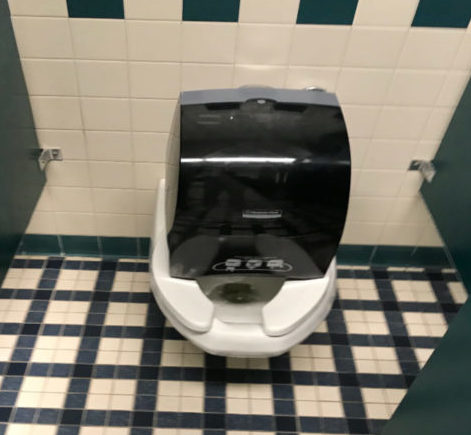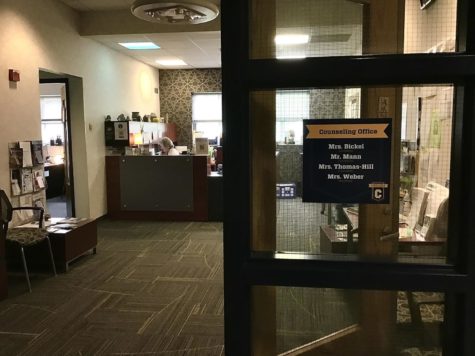Restroom Robberies: Students Swipe Items from Bathrooms

As Chelsea High School has returned to somewhat normalcy, so have students coming up with more ways to cause mischief in the school setting. This year’s current brand of trouble-making involves students stealing toiletries from the school bathrooms throughout the school day.
Although the stealing mostly occurs in the men’s bathrooms, some instances of toiletry theft have taken place in the women’s bathrooms. The students that have produced this issue have not been recognized by the school staff, but the school is currently investigating the problem.
“Any time that you have something that’s a destruction of property or vandalism there’s a consequence, there’s a code of conduct, but there’s also a restitution,” Principal Michael Kapolka said. “For example, if someone steals or breaks a soap dispenser, there’s a cost associated with that, that the student would have to reimburse to the school district.”
Kapolka also mentioned that this is not the first time things like this have happened, and that vandalism was a common occurrence over the years he’s worked at the school.
Many students participate in stealing the items from the bathroom as a prank, but many students don’t realize that stealing necessary toiletries can hurt the school financially.
“I honestly think that it’s kind of hilarious what people are doing,” one student said. “I think that they’re just doing this to tick off the school staff and play a little prank. I don’t think they actually want to cause an issue.”
However, the cost of this mischief making isn’t all that funny. Not only does it inconvenience the staff members and students, but depending on the damage done, there can be more serious consequences. For example, if a student were to cause $1,000 damage, the school would work with the student and the family to make a plan. That plan will most likely involve the student working to pay off the dollars in damage.
“Anything’s a possibility really,” Kapolka said. “I tend to lean toward not punishing a student seriously, but if it’s a pattern with the same student repeatedly, that’s where you have to figure out if this a legal issue that we have to peruse, or something we can enforce with our code of conduct.”

BrieAnne Lingg is a sophomore at CHS, and this is her second year writing for the Bleu Print. Outside of writing in the school paper, she enjoys traveling...




